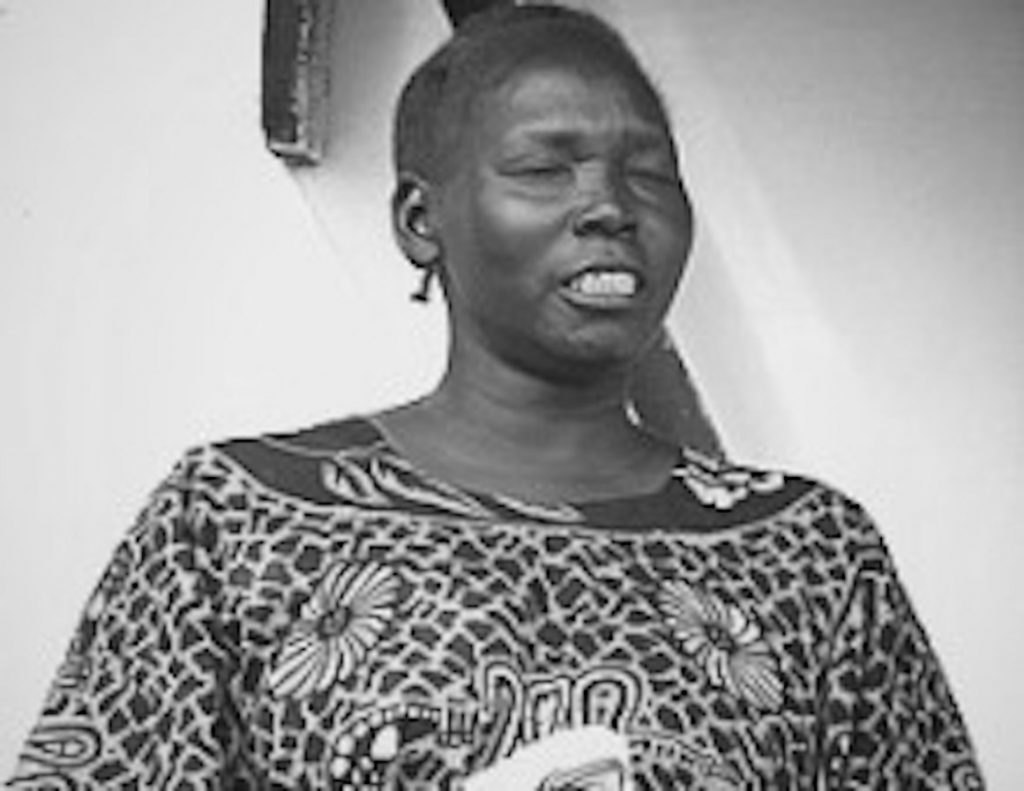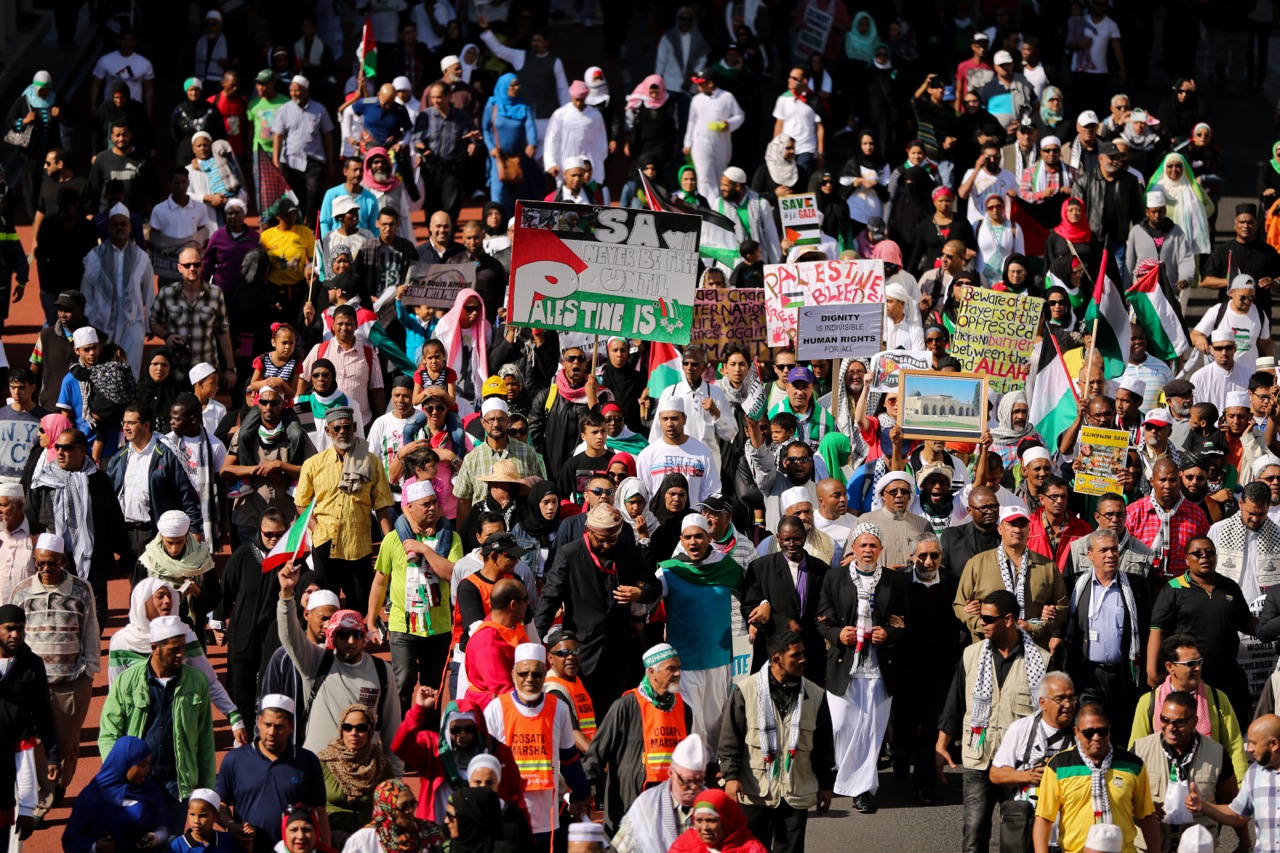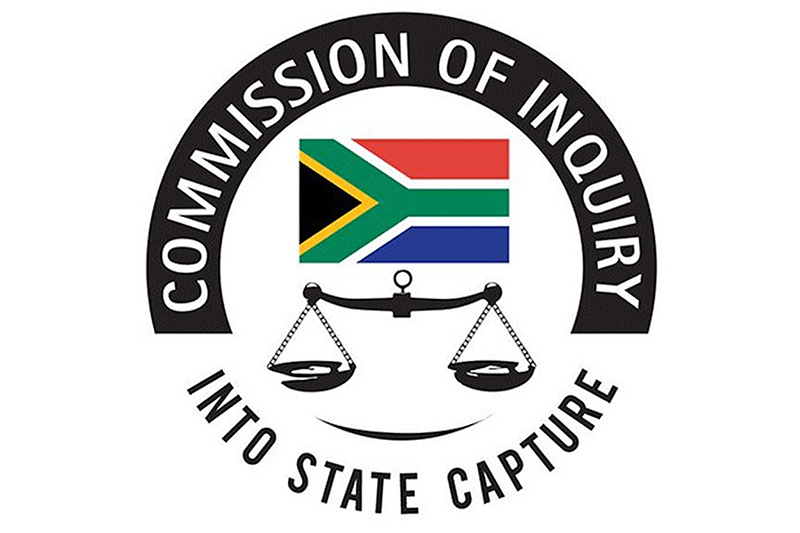Phindile Xaba
Apollonia Mathia was a rare gem – a women’s rights activist and journalist – who fought tirelessly before South Sudan’s liberation from the Khartoum regime. She defied all odds in the turbulent post-conflict region, fought hard for a free media, advocated for women’s voices to be heard and used the media as a tool to advance gender equality. Starting out as a radio reporter, Mathia progressed to become a print journalist.
Mathia survived the turbulent political years and had the ability to adapt to the changing times. She spent her childhood in northern Uganda, which at the time was under Idi Amin and his soldiers who reigned with terror and impunity against its people. She then moved to Juba, which today is the capital of South Sudan, as a young adult where she was sometimes forced to sell firewood to survive in a garrison town controlled by the northern Sudanese army. Curfews and fear of torture were the order of day. Peace negotiations started in 2005 and after a protracted process, an agreement was eventually reached to have North and South Sudan as two separate countries in 2011. She witnessed Juba become the new capital city of South Sudan, the 53rd country on the African continent.

Sudanese veteran journalist Apollonia Mathia Courtesy: Media Diversity Institute
Becoming the first woman journalist in South Sudan
Mathia was one of the first women journalists to report during the very delicate peace agreement between North and South Sudan, which was signed after 22 years of civil war. A fearless reporter, she worked for the independent newspaper The Juba Post that began publishing in 2005. During this time, the war-scarred nation treated journalists with suspicion. The media was hardly a familiar concept and it was unusual to have women in the workplace, let alone one who rode rickety motorbikes with a pen and notebook in pursuit of stories.
She reported comfortably across a wide spectrum of issues – covering stories about the political, economic and social lives of the people of South Sudan. She covered, without any fear, the infamous Ugandan rebels, the Lord’s Resistance Army also known as “tong tong” – who were known for their notoriously brutal machete attacks.
Founder of The Juba Post Hildebrand Bijleveld, said of Mathia: “To exercise real freedom of the press did not come for free. She fought for it.”
Tom Rhodes, the CPJ East Africa consultant met and worked closely with Mathia and described her as a writer who brought sensitive topics such as domestic violence and the crucial role of female leadership within the paper’s pages to the fore. He spent countless hours with her and her children in her tukul – the Juba-Arabic term for a local hut. A divorcee, she brought up her children while working as a journalist and social activist.
Apollonia Mathia’s activism
Mathia eventually left The Juba Post in 2008 to work for the BBC Monitoring Service, and later founded the Association of Media Women in South Sudan (AMWISS). As its director, the organisation pushed for the visibility of women and women’s issues within the media.
Apart from working as an editor in various media houses, she was instrumental in founding the Union of Journalists of Southern Sudan (UJOSS). She was a visionary of note. As the country coordinator of the Global Media Monitoring Project (GMMP), long before South Sudan became Africa’s youngest state, she had successfully made a case to insert “South Sudan” into the GMMP report, so the country could be monitored independently.
“It was so interesting to see my monitors busy reading through the newspapers, recording the 6.30 pm news and 8pm South Sudan TV news… the very exciting moment was when the revelation dawned that some news had no gender representation at all. The monitors instantly understood that issues of importance to women are not really addressed in this part of the country,” she reflected back in 2009. The report was released in 2010, in Juba where representatives from media houses came out in recognition of the journalists’ roles as key change agents in the struggle for more gender-responsive media.
Mathia sadly passed away in March 2011. The Committee to Protect Journalists reported that she met her death after a truck lost control, veered off the road and crashed into the motorcycle she and her son were riding. Mathia will be remembered for her courage to go where even the strong could never tread.
First published in thejournalist.org 30 May, 2017
In collaboration with Mail and Guardian
![]()
Facebook: Mail & Guardian
Twitter: @mailandguardian
Instagram: @mailandguardian
LinkedIn: Mail & Guardian










